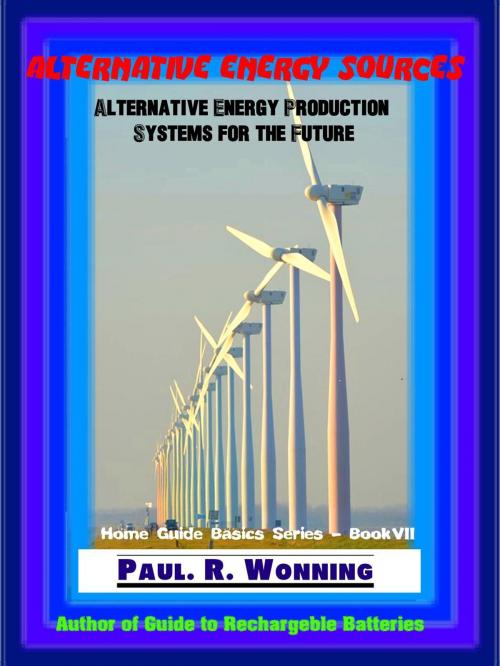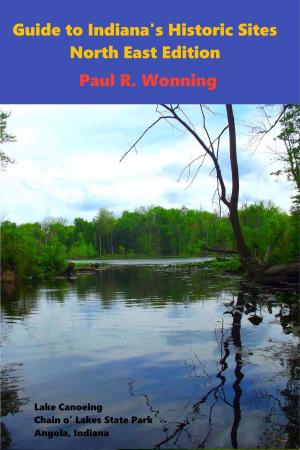| Author: | Paul R. Wonning | ISBN: | 9781386534471 |
| Publisher: | Mossy Feet Books | Publication: | February 22, 2018 |
| Imprint: | Language: | English |
| Author: | Paul R. Wonning |
| ISBN: | 9781386534471 |
| Publisher: | Mossy Feet Books |
| Publication: | February 22, 2018 |
| Imprint: | |
| Language: | English |
Affordable, abundant energy resources are a necessary ingredient for a modern society. Alternative energy sources have become a topic for discussion in recent times. Questions frequently heard are what types of energy will we need in the future and what will be our future energy sources?
As civilization, moves forward into the Twenty-first Century many scientists search for an alternative energy source to replace fossil fuels. Environmentally concerned people are currently exploring many different types of energy including solar, wind and biomass. Many of these energy sources will require much different methods of production.
Energy choices include much more than these do, though. Algae, nuclear, fuel cells, hydrogen and many others are also under consideration. These types of energy solve many problems, but have problems of their own.
Most of these energy options are not as “green” as we might think and all have many advantages as well as disadvantages. We should step back, look at the choices, and weigh these pros and cons before stepping forward. It is probable that no one energy source will serve all our needs. In the future humankind may find many different kinds of energy sources to serve our society.
Affordable, abundant energy resources are a necessary ingredient for a modern society. Alternative energy sources have become a topic for discussion in recent times. Questions frequently heard are what types of energy will we need in the future and what will be our future energy sources?
As civilization, moves forward into the Twenty-first Century many scientists search for an alternative energy source to replace fossil fuels. Environmentally concerned people are currently exploring many different types of energy including solar, wind and biomass. Many of these energy sources will require much different methods of production.
Energy choices include much more than these do, though. Algae, nuclear, fuel cells, hydrogen and many others are also under consideration. These types of energy solve many problems, but have problems of their own.
Most of these energy options are not as “green” as we might think and all have many advantages as well as disadvantages. We should step back, look at the choices, and weigh these pros and cons before stepping forward. It is probable that no one energy source will serve all our needs. In the future humankind may find many different kinds of energy sources to serve our society.















